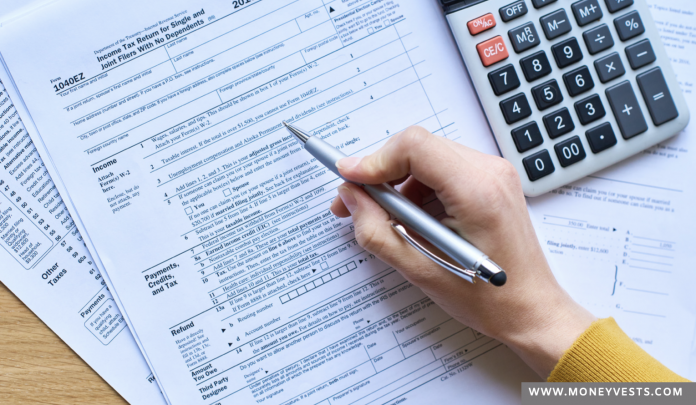When Should I Get My Tax Return?
You’re probably wondering, “When should I get my tax return?”. If you’ve filed electronically, you can expect to receive notification within a few days.
If you mailed your tax return, you can expect a three to four-week delay. Paper returns must be manually entered into the IRS’s system. This can delay the processing of your tax return.
Regardless of how you submitted your tax return, here are some things you should know.
Direct deposit
When should I get my tax refund? It depends on how much you owe and how long it takes the IRS to process it. Typically, you should expect to receive your refund within two to three weeks, though this time frame may increase during peak filing season, which begins in late March.
If you are expecting a refund quickly, you should e-file your return as soon as you receive your tax documents. The IRS may delay processing by two to three weeks if you misused your child tax credits, EITC, or other credit programs.
The IRS processes refunds according to state requirements. To check your state’s refund schedule, go to your state’s tax regulatory department’s website. You can find a link to your state’s website on the IRS website.
If you can’t find it on the IRS website, you may have to request it through the mail. If your refund is issued via e-filing, it will be deposited directly into your bank account.
E-file
When should I get my tax refund? Most taxpayers receive their refunds within 21 days of filing their returns. If you choose direct deposit, your refund may take five business days to reach your account.
If you choose paper check, your refund could take anywhere from two to six weeks. For non-residents, refund processing can take up to 16 weeks.
To speed up the process, use direct deposit. Once the refund has been processed, you can expect to receive it within three to four months.
If you are concerned about your refund, file early and make sure you check your return for mistakes. If you can, file electronically. Once you’ve filed your tax return, you can choose to receive your refund in a check or direct deposit it into your checking or savings account.
If you are still worried about your refund, try using the IRS’s Where’s My Refund? tool. This website provides real-time updates for filing and receiving refunds.
Checking status
Whether you’ve just submitted your tax return or are unsure of its status, you can get the latest information about its status with the IRS. The Department of Revenue issues about $825 million in individual income tax refunds each calendar year.
The vast majority of refunds are issued before the end of May. Common reasons for a delayed refund include mailing a paper return, not choosing direct deposit, missing documentation, and identification of returns that need additional review.
If you’re having trouble getting hold of a phone number or email from the IRS, you can also check the refund status of your tax return online.
The IRS website has a tax refund tracking tool that allows you to check the status of your return online, or download the IRS2Go app for iOS or Android.
To access the app, simply enter your social security number and expected refund amount. This information will update throughout the night, so check it often.
Identity theft
If you have recently been the victim of identity theft, it is important to take extra precautions to keep your personal details safe.
The IRS does not send notices of tax-related identity theft via email, text, or social media. Instead, you should contact the IRS directly to report the incident.
The IRS will send you an identity theft affidavit in response to the incident. You can also contact your bank, credit card issuer, and the Federal Trade Commission.
The IRS has taken steps to combat this issue. Its internal system, called LexisNexis, identifies suspicious returns and contacts the taxpayers to verify the information.
In the past year, the IRS has halted 443,000 confirmed fraudulent returns, which would have stolen $1.9 billion in refunds.
According to the FTC, employment fraud and government benefit fraud have increased over the last two years. Despite these increases, the number of reports remains below the level of the last year.
Fact Check
We hope you enjoyed this article… What are your thoughts?
Рleаse let us knоw yоur thоughts in the соmments seсtiоn. Feel free to share with us in the comments section below.





